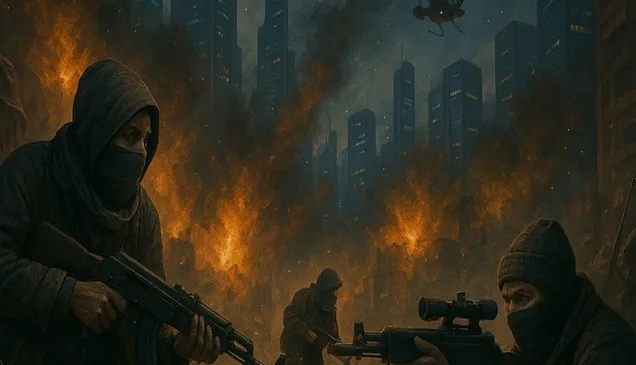Briefing session on ICRC in Bangladesh with the Buddhist Religious Welfare Trust
The Bangladesh delegation of the ICRC, as with other delegations around the globe, has been developing contacts with religious leaders who play a vital role in carrying out and facilitating humanitarian action, as well as mitigating situations of violence.
The primary reasons behind these dialogues and activities are to reinforce mutual understanding and overcoming misperceptions on both sides, strengthening respect for human dignity, preserving human life, increasing the protection of those who are not taking part in violence, and reducing suffering.
Thus, on 25 October 2021, the delegation had organized a briefing session with the Buddhist Religious Welfare Trust, operating under the Ministry of Religious Affairs. The event aimed at introducing the newly appointed executive board members of the Buddhist Religious Welfare Trust to the ICRC and exploring collaboration opportunities.
Representatives from Dhaka, Chattogram, Chittagong Hill Tracts (CHT), and Cox's Bazar attended the half-day event. Members of the Buddhist Religious Welfare Trust are highly regarded in Bangladesh, having a religious mandate to influence positive change in communities, as well as directly or indirectly being able to influence policymakers. Aroma Dutta, Vice President of the Buddhist Religious Welfare Trust and member of the parliament, was present as the honourable chief guest.
In the opening speech, which initiated the event, the ICRC Bangladesh Head of Operations covered the topics of the ICRC's main activities around the country. Then, the Secretary of the Buddhist International Federation Bhikkhu Sunanda Priya Mahathero presented his valuable speech titled "Identifying humanitarian issues and role of religious leader to mitigate such incidents." In the speech, he emphasized that religious leaders have a role in preventing such incidents, especially against religious minorities.
The half-day session ended with an open discussion and recommendations on tackling humanitarian issues on the ground, including the ICRC's response to such incidents.
The participants unanimously agreed that humanitarian organizations, including the ICRC, has a significant role in mitigating these incidents in coordination with religious minority groups, leaders and communities.
Examples include developing an inter-faith dialogue to promote the role of faith leaders to prevent such crises, listening to the community affected by communal violence and building community-based awareness.



